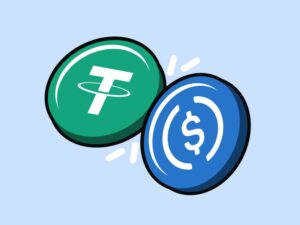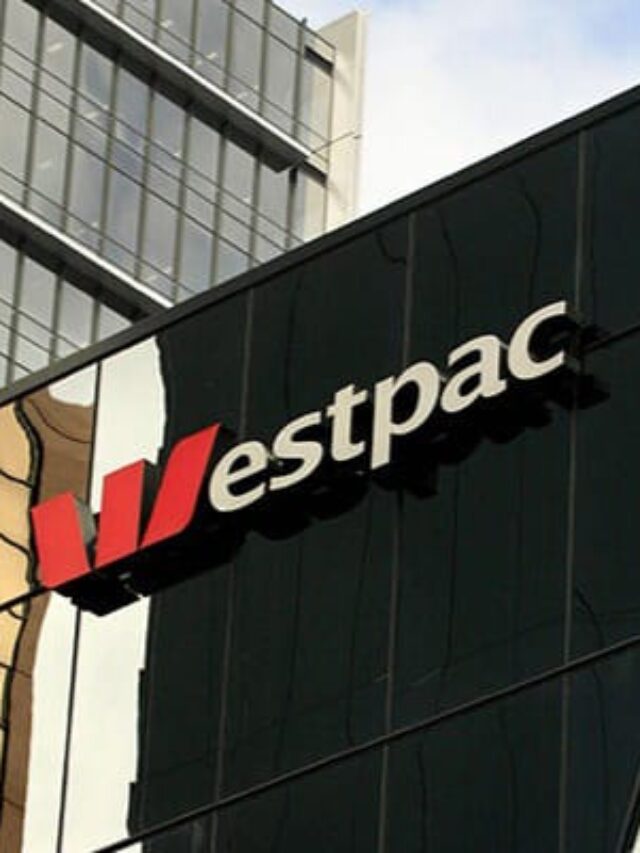Nigerian SEC Greenlights Stablecoin Innovation, Signaling Shift in Digital Asset Strategy
In a significant development for the country’s digital finance landscape, the Nigerian Securities and Exchange Commission (SEC) has officially approved the exploration and development of stablecoins within its regulatory framework. The decision marks a progressive shift in Nigeria’s approach to digital assets, aiming to foster financial innovation while maintaining market integrity and investor protection.

Stablecoins Enter the Regulatory Fold
The SEC’s green light paves the way for regulated issuance and use of stablecoins—cryptocurrencies pegged to the value of traditional assets like the US dollar or naira. These digital tokens offer price stability, making them ideal for remittances, online payments, and as a bridge between fiat and decentralized finance (DeFi).
The move comes amid growing interest in blockchain-based financial solutions across Nigeria, Africa’s most populous nation and one of the world’s fastest-growing crypto markets. The Commission has stated that stablecoins could play a key role in enhancing financial inclusion and improving cross-border transactions, especially in regions underserved by traditional banking infrastructure.
A Balanced Approach to Innovation
The SEC emphasized that stablecoin development must occur within a structured, transparent environment that prioritizes consumer protection. To that end, the regulatory body plans to introduce guidelines for:
-
Asset backing and reserve transparency
-
Issuance and redemption procedures
-
Risk management and cybersecurity standards
-
Licensing requirements for stablecoin issuers
This approach aligns with global trends, where regulators are seeking to bring stability-focused digital assets into mainstream financial oversight rather than ban or ignore them.
Strategic Timing
Nigeria’s decision arrives at a pivotal moment. The Central Bank of Nigeria (CBN) had previously imposed restrictions on crypto transactions, but in December 2023, it reversed its stance, acknowledging the need for a more nuanced regulatory framework. The SEC’s new direction reflects broader efforts to harmonize digital finance regulations and position Nigeria as a regional fintech leader.
Industry Reaction
The crypto and fintech communities have welcomed the announcement as a positive step toward clarity and innovation. Industry experts say stablecoins could accelerate local adoption of digital payments, streamline remittance flows, and support microtransactions in e-commerce, gaming, and mobile services.
However, stakeholders also stress the importance of careful implementation. “This is a chance for Nigeria to lead in digital finance,” said one fintech executive, “but execution will be everything—regulatory certainty must be paired with robust infrastructure and public trust.”
What’s Next?
The SEC is expected to release draft rules for public consultation in the coming months. Pilot programs involving licensed financial institutions and fintech startups are also under discussion, potentially laying the groundwork for a national stablecoin ecosystem.
As Nigeria navigates the evolving global crypto landscape, its embrace of regulated stablecoins could set a precedent for other African nations looking to balance innovation with financial oversight.
Disclaimer and Risk Warning
coinweck does not endorse or is responsible for any content, accuracy, quality, advertising, products, or other materials on this page. The image used in this article is for informational purposes only and is provided to us by a third party. coinweck should not be held responsible for image copyright issues. Contact us if you have any issues or concerns. Readers should do their research before taking any actions related to the company.









